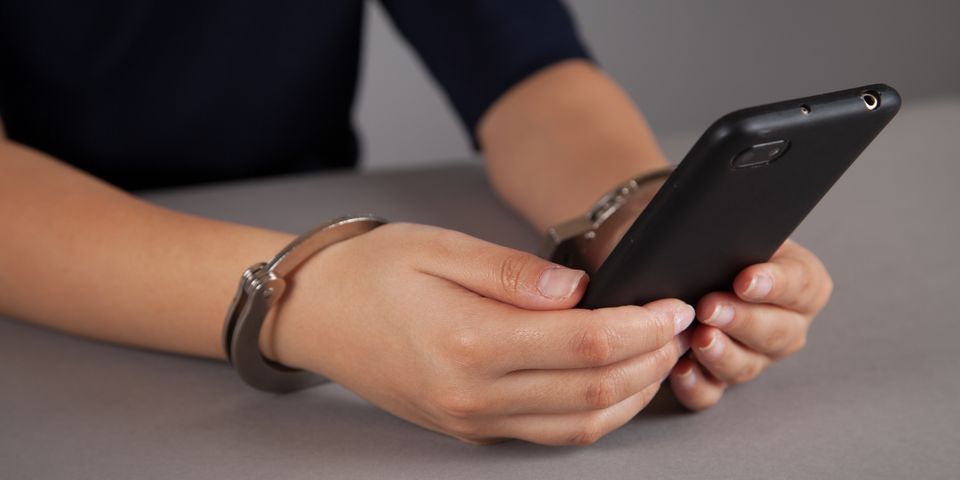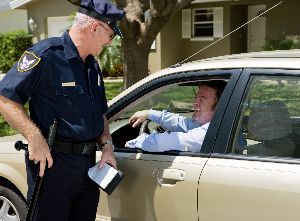FAQ About Cellphone Searches by Police

The Fourth Amendment to the United States Constitution protects citizens from unreasonable search and seizure. Since this amendment was written well before the era of cellphones and mobile technology, many people have questions about whether law enforcement can legally access and search a personal phone. Here are the answers to a few questions criminal law attorneys receive regarding this subject.
What You Need to Know About Police Searches of Cellphones
When can the police check your phone?
In most cases, law enforcement can only check your phone when they have a warrant to do so. A warrant must be issued by the criminal law courts, signed by a judge, and include specific language that permits an officer to search the suspect's phone.
Only in rare cases can an officer legally check a suspect's phone without a warrant, usually in situations where there's a direct threat to public safety. For instance, if an armed suspect flees the scene of a crime and leaves their phone behind, an officer may have sufficient grounds to search the device.
Do police need permission?

When an officer doesn't have a signed warrant, they need your permission to check your phone. You must give verbal consent to this search.
If the police searched your device without your express consent and without a warrant, they have violated your rights and proper protocol. Contact a criminal law attorney to explore your legal options.
Do most people comply with officers' requests for phone searches?
Yes, most people do. When an officer conducts themselves politely and civilly in their interactions with a suspect, a suspect is likely to respond in kind and grant the officer's request, even if that request isn't in the interests of the suspect's civil liberties. You're within your rights to ask to see a search warrant if an officer requests cellphone access, and you can refuse a search if no warrant has been issued.
How does identification technology factor in?
In 2019, a federal judge ruled that police can't force a suspect to unlock a cellphone with finger or facial recognition technology. They also can't force you to reveal your passcode.
In the eyes of the law, all methods of unlocking a phone are equal and worthy of the same protections and rights to privacy. These rights are overruled if the officer has a search warrant, but without one, you can't be compelled to allow access to your phone, regardless of the unlock method the device utilizes.
If your cellphone has been searched by police without a warrant, turn to The Law Offices of H.A. (Alec) Carpenter IV in Greensboro, NC. These professionals have provided their clients with aggressive representation and sound legal counsel since 1997. To schedule a consultation, send a message online or call (336) 333-5255.
About the Business
Have a question? Ask the experts!
Send your question

